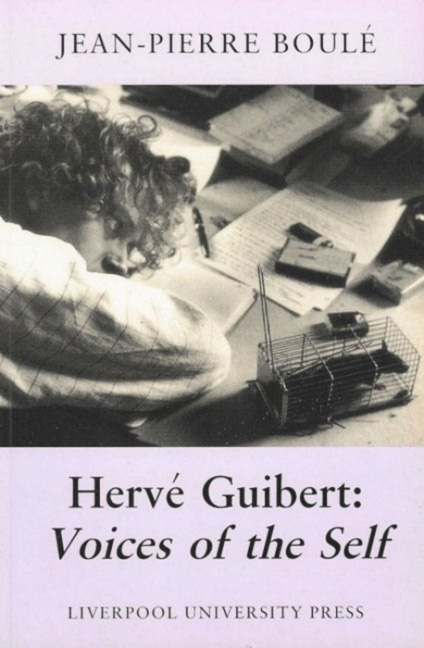Book contents
- Frontmatter
- Dedication
- Table of Contents
- Acknowledgements
- List of Abbreviations
- Introduction
- 1 Youthful Writings
- 2 Photographic Writing
- 3 Towards the Novel
- 4 Image and Text
- 5 The ‘Novel’
- 6 ‘Autobiography’
- 7 Towards the Roman Faux
- 8 The Roman Faux
- 9 Thanatographical Writing
- 10 The Fictitious, the Fake or the Delirious
- Conclusion
- Notes
- Notes to Chapter One
- Notes to Chapter Two
- Notes to Chapter Three
- Notes to Chapter Four
- Notes to Chapter Five
- Notes to Chapter Six
- Notes to Chapter Seven
- Notes to Chapter Eight
- Notes to Chapter Nine
- Notes to Chapter Ten
- Notes to Conclusion
- Bibliography
- Index of Names
- Index of Notes
1 - Youthful Writings
- Frontmatter
- Dedication
- Table of Contents
- Acknowledgements
- List of Abbreviations
- Introduction
- 1 Youthful Writings
- 2 Photographic Writing
- 3 Towards the Novel
- 4 Image and Text
- 5 The ‘Novel’
- 6 ‘Autobiography’
- 7 Towards the Roman Faux
- 8 The Roman Faux
- 9 Thanatographical Writing
- 10 The Fictitious, the Fake or the Delirious
- Conclusion
- Notes
- Notes to Chapter One
- Notes to Chapter Two
- Notes to Chapter Three
- Notes to Chapter Four
- Notes to Chapter Five
- Notes to Chapter Six
- Notes to Chapter Seven
- Notes to Chapter Eight
- Notes to Chapter Nine
- Notes to Chapter Ten
- Notes to Conclusion
- Bibliography
- Index of Names
- Index of Notes
Summary
A particular status attaches to an author's ‘youthful writings’: critics respond to them in one of two ways, either as foreshadowing the works to come, or as having very little in common with them. Guibert's youthful works show him taking his first hesitant steps as a writer. Hervé Guibert is obviously their creator, but some of the early texts in La Mort propagande date from 1971, when the young Hervé was only sixteen, so they cannot be approached uncritically; and because the book consists of twelve sections written over a period of eight years, the reader of the present study can expect a multilayered approach rather than a linear argument.
So each section will begin with a brief summary of the texts discussed and concentrate above all on the genre used by Guibert to map out the route that will in due course lead him to inscribe the self. Where similarities can be discerned either within a text or between several books, these will be noted, since they throw light both on Guibert's creative methods and on the way they evolve over time. Then I will analyse the themes of the different texts in the light of the statements to be found on the back cover of the 1977 edition but not reprinted in 1991.
LA MORT PROPAGANDE
La Mort propagande and other early texts was first published in 1977 and reissued in an enlarged edition in 1991. The various texts were all written between 1971 and 1978, even those added in 1991. The book therefore consists of twelve sections in total. To avoid the discussion becoming too diffuse, the various titles can conveniently be divided into six groups:
‘Thèrèse et son crocodile ailé’ (1971); ‘Le Prince blond’ (1971); ‘Isabella’ (1972); ‘La Pièce d'OEdipe’ (1972) (‘Thérèse and her winged crocodile’; ‘The blond Prince’; ‘Isabella’; ‘OEdipus's Play’).
‘Sans Titres’ (1971–1976) (‘No Titles’).
‘Histoire d'une sainte’ (1976) (‘Story of a Saint’).
‘La Mort propagande’ (1975–1976); ‘La Mort propagande no. 0’ (1976–1977) (‘Propaganda Death’).
‘Machie moderne’ (1976); ‘Au Musée Grévin’ (1978); ‘Le Journal de l'onaniste’ (1978) (‘Modern Machy’; ‘At the Grévin Museum’; ‘The Onanist's Journal’).
- Type
- Chapter
- Information
- Hervé GuibertVoices of the Self, pp. 13 - 40Publisher: Liverpool University PressPrint publication year: 1999

